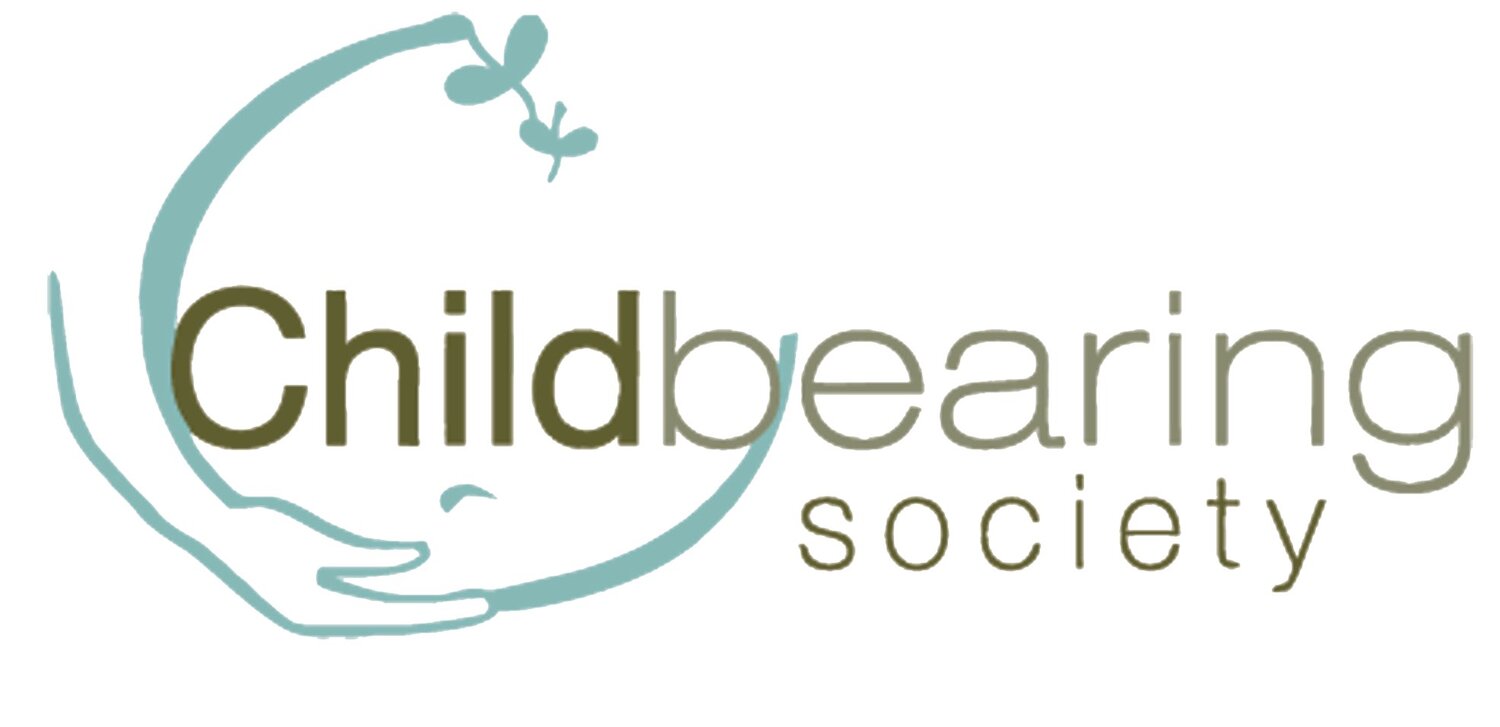Ask Childbearing: Is it possible to produce enough milk for two babies?
Q: I have been told I’m likely to have to supplement my breast milk in order to feed twins, but I’d rather breast feed exclusively. Is it possible to produce enough milk for two babies?
A: Absolutely!
Breast milk production works on a supply and demand basis, so if you provide the demand (two babies rather than one) your breasts will rise to the occasion. Be aware that it will take longer to establish your supply than it would with a single baby, simply because you have to create twice as much milk. We expect a singleton to return to birth weight at around two weeks old; twins, however, will probably take at least three weeks to make it back to their birth weight. As long as they appear healthy, do not continue to lose weight past the first few days, and are gaining weight, even if slowly, there should be no need to supplement. In fact you should avoid supplementing with anything (even expressed milk) if at all possible, since the best stimulation for your milk supply is nursing your babies.
It is extremely important as well to nurse on demand, and avoid schedules. Newborn stomachs are tiny, about the size of a chickpea at first, and preterm babies’ stomachs are even smaller, which means they need to refill frequently. This means for the first few weeks you will be doing almost nothing but breastfeeding, as by the time you’ve nursed one baby, the next is ready to feed again. Fortunately, this helps bring your milk in even faster. Eventually you will learn to breastfeed both at once, and your babies will start to synchronize their schedules so that you do get breaks while both are asleep. But for the first while, have someone around to bring you food and entertainment as your hands will be busy full time!
If your babies are very small, they could have trouble latching and sucking, and you may need to feed them expressed colostrum with an eyedropper, syringe or supplemental nursing system (SNS). If this is the case it is still worthwhile putting your babies to the breast, even if they’re not accomplishing much. The skin to skin contact and incidental suckling will benefit them and stimulate your breasts to produce more milk. There are a variety of herbal galactogogues such as blessed thistle and borage to help increase milk production. My personal favourite is fenugreek, which not only increases milk supply but also helps soothe colicky babies. It is inexpensive, free of side-effects, and certainly worth a try before resorting to more expensive prescription medication for increasing milk production.
If you encounter feeding difficulties, or your babies take more than three weeks to regain their birth weight, don’t delay in seeking help from a lactation consultant. There are many other avenues of breast feeding support in the community as well, including La Leche League and our own postpartum circles and breast feeding clinics. Remember you can also call your prenatal class instructor who is able to offer advice by phone or email, and can sometimes make home visits.
Most of all, persevere. Looking after twins is time consuming enough without having to sterilize bottles and prepare formula. Even though it may not be easy at first, exclusive breast feeding will save you hours of time and provide hours of contentment for both you and your babies. There’s nothing quite like the feeling of two little bodies tucked up under your arms and four little eyes staring up at you in rapt pleasure, so enjoy it as long as you can!
